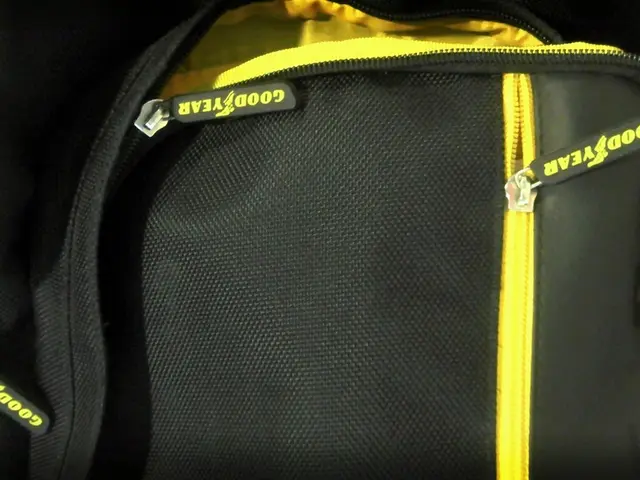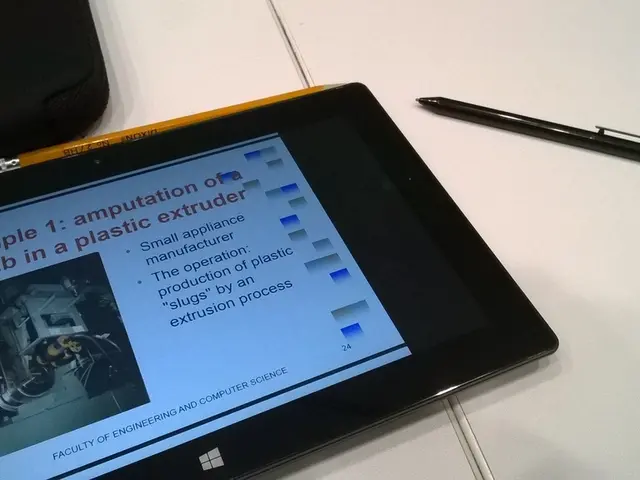Questions to Pose at an IEP Meeting: A Handbook for Guardians
An Individualized Education Program (IEP) is a crucial tool for ensuring that children with unique educational needs receive the support they require to thrive in school. Here's a comprehensive guide to understanding IEP meetings, their purpose, and how to make the most of them.
IEP meetings bring together educators, parents, students, and other school personnel to discuss and review a student's Individualized Education Program. The meeting agenda may not always be provided, but it can make the process run more smoothly. An IEP includes measurable annual goals, present levels of academic achievement, accommodations and modifications, and assessments.
If a student masters an IEP goal before the review, the teacher should call an IEP amendment meeting to update the support plan and new goals. The standard IEP team members include the special education teacher (case manager), student, parents/guardians, general education teacher, district representative (usually a vice principal), speech language pathologist (if applicable), and occupational therapist (if applicable).
During these meetings, asking thoughtful and advanced questions can help ensure that your child receives a comprehensive and effective education plan. Some questions you might consider asking include:
- **What specific accommodations and modifications will be implemented in the classroom?** - **How will the child's progress be monitored and reported to parents?** - **What resources or support staff will be available to help the child meet their goals?**
- **How were the IEP goals determined, and what evidence supports these objectives?** - **What criteria will be used to measure progress toward each goal?** - **How often will we review and potentially adjust these goals?**
- **How will the school keep me informed about my child's daily/weekly progress?** - **What strategies will be used to ensure consistent communication between home and school?** - **How will the child's needs be communicated to substitute teachers or other educators?**
- **What post-secondary education or career goals are being considered, and how will we prepare for these?** - **How will the transition from elementary to secondary school (or from secondary to post-secondary education) be supported?**
- **What interventions or strategies will be used if the child is not making progress toward their goals?** - **How will behavioral challenges be addressed, and what behavior support plans are in place?**
- **How will the child's cultural background and individual needs be integrated into their educational plan?** - **What accommodations will be made for language barriers or cultural differences?**
- **How can I, as a parent, contribute to the development and implementation of the IEP?** - **What opportunities will there be for me to participate in decision-making processes?**
If a particular strategy seems effective at home but not in school, suggest alternative approaches that might work better for the child. If something doesn't add up in the data, send a follow-up question before the meeting.
The teacher should provide progress notes regularly, but they may be different from the raw data. Raw data on a student's IEP goal progress, including test scores and data sheets, should be made available to parents. The general education teacher can provide insights into social encounters, behaviours, and the impact on peer mentors.
If staff support for a child is not balanced and consistent, introduce new people into the mix as soon as possible. According to IDEA Section 1414 (d) (1) (B) (ii), a general education teacher should be in attendance at the IEP meeting if the child is, or may be, participating in the general education environment.
IEP meetings are held annually or more often. It is courteous to inform the IEP team if you plan to bring anyone else to the meeting. It's important to know who will be in attendance at the IEP meeting to avoid unnecessary anxiety and ensure all questions can be addressed.
By understanding the purpose and structure of IEP meetings and asking insightful questions, parents can play an active role in their child's educational journey, ensuring they receive the support they need to succeed.
- Incorporating life skills education into the Individualized Education Program (IEP) can help ensure that a student will be adequately prepared for post-secondary education or career goals, as well as for independent living.
- To support a child's comprehensive and effective education, it's essential for parents to explore opportunities to contribute to the development and implementation of the IEP, and to ask questions about education-and-self-development aspects beyond academic achievements.




